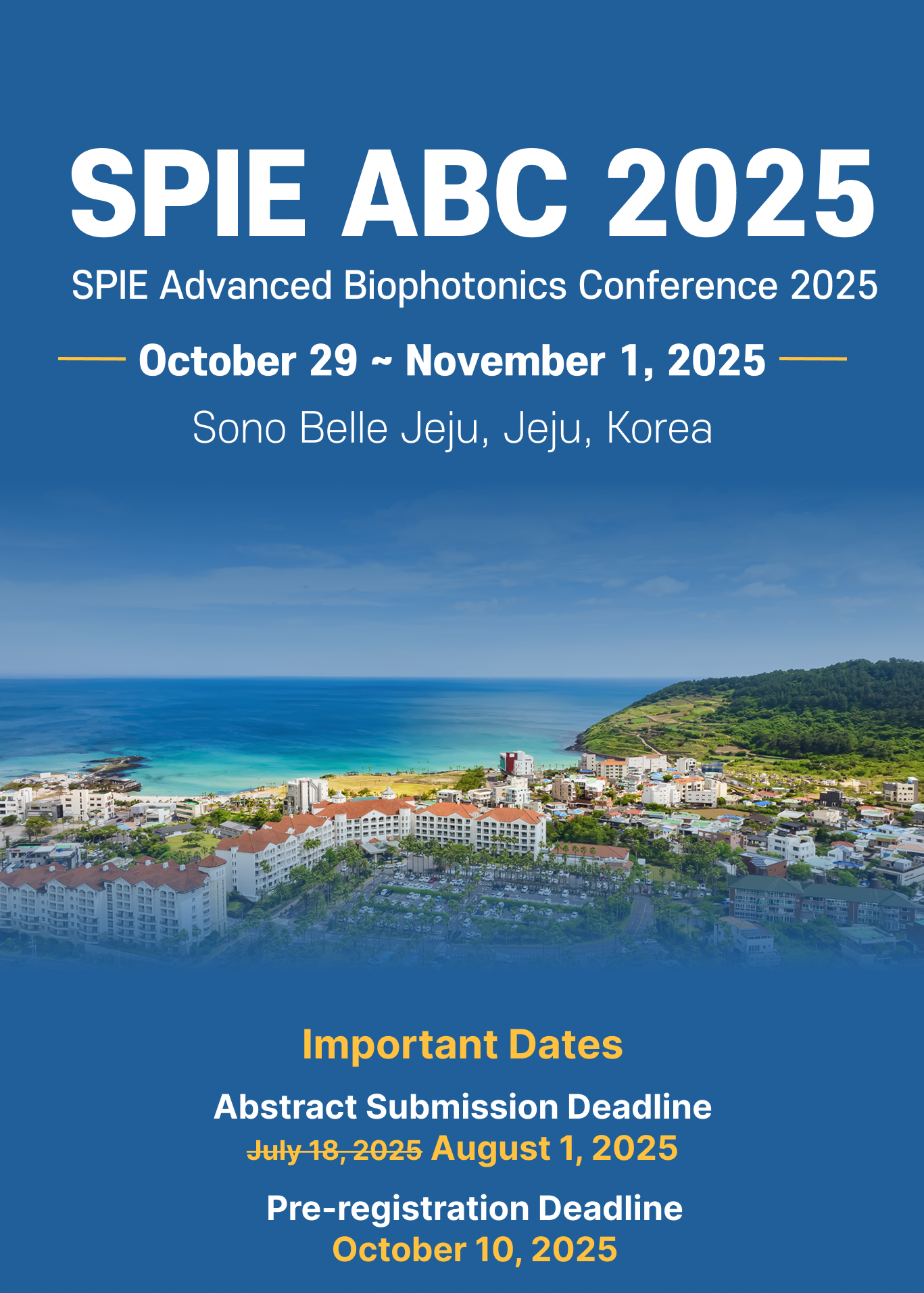2025 The 9th International Conference on Algorithms, Computing and Systems (ICACS 2025)
ICACS 2025
- URL: http://www.icacs.org/
- Event Date: 2025-12-12 ~ 2025-12-14
- Submission Date: 2025-10-30
- Location: Bangkok, Thailand
Artificial Intelligence Engineering & Computer Science (General)
ICACS 2025 plans to address latest research on algorithms, computing and systems and their applications in several multidisciplinary areas, including algorithms design and optimization, intelligent computing, software engineering, data theory and analysis, software and information security, computer theory, etc. It aims to provide an international forum for presentation of original research results, as well as to promote exchange and dissemination of innovative and practical development experiences and best practices in areas relevant to algorithms, computing and systems.
Conference Website: http://www.icacs.org/
Conference Time: December 12-14, 2025
Conference Venue: Bangkok, Thailand
★Conference Committee
General Chairs
Enrico E. Zio (IEEE Fellow), Politecnico di Milano, Italy
Vassilis C. Gerogiannis, University of Thessaly, Greece
General Co-chair
Xingwei Wang, Northeastern University, China
Technical Program Chairs
Yulin Wang, Wuhan University, China
Ilias K. Savvas, University of Thessaly, Greece
Prabhat K. Mahanti, University of New Brunswick, Canada
Chien-Ming Chen, Nanjing University of Information Science and Technology, China
For more conference committees, please visit: https://icacs.org/committee.html
★Publication
All papers will be strictly double blind reviewed by the program committee, and accepted papers after proper registration and presentation will be published in the International Conference Proceedings Series which will be archived in the ACM Digital Library, and indexed by Ei Compendex, Scopus, etc.
* The previous conference proceedings have been published in the ACM Digital Library and have been indexed by EI Compendex and Scopus.
★Topics(Topics of interest for submission include, but are not limited to:)
Track 1: Algorithms and Complexity
▪ Design and analysis of algorithms
▪ Randomized and approximation algorithms
▪ Parallel and distributed algorithms
▪ Computational complexity and lower bounds
▪ Quantum algorithms and complexity
▪ Algorithmic game theory and mechanism design
▪ Optimization algorithms for machine learning
▪ Online learning and reinforcement learning algorithms
▪ Federated learning and privacy-preserving algorithms
Track 2: Computing Technologies
▪ High-performance computing and supercomputing
▪ Cloud computing and edge computing
▪ GPU computing and FPGA-based acceleration
▪ Distributed systems and blockchain technologies
▪ Consensus algorithms and fault tolerance
▪ Peer-to-peer networks and distributed databases
▪ Quantum computing and hybrid quantum-classical systems
▪ Scalable computing architectures
▪ Serverless computing and microservices
Track 3: Artificial Intelligence and Machine Learning
▪ Deep learning architectures and models
▪ Explainable AI and interpretability
▪ Natural language processing and text generation
▪ Computer vision and image processing
▪ Reinforcement learning and autonomous systems
▪ Generative models (e.g., GANs, diffusion models)
▪ AI for healthcare, finance, and robotics
Track 4: Systems and Networks
▪ Operating systems and resource management
▪ Real-time and embedded systems
▪ Virtualization and containerization technologies
▪ Network architectures and protocols (e.g., 5G/6G, IoT)
▪ Software-defined networking (SDN)
▪ Network security and privacy
▪ Cryptography and secure communication
▪ Intrusion detection and prevention systems
▪ Privacy-preserving technologies (e.g., differential privacy)
Track 5: Applications and Emerging Trends
▪ Data science and big data analytics
▪ Data mining and knowledge discovery
▪ Human-computer interaction and user experience
▪ Augmented reality (AR) and virtual reality (VR)
▪ Internet of Things (IoT) and smart cities
▪ Autonomous systems and robotics
▪ Green computing and sustainable technologies
▪ Wearable computing and ubiquitous systems
▪ Digital twins and simulation-based optimization
▪ Emerging applications in healthcare, education, and industry
For more topics and scope please check: http://www. icacs.org/cfp.html
★Submission Instructions
1). Language: English is the official language of the conference; the paper should be written and presented only in English.
2). Submission Types
* Abstract submission for presentation only without publication.
* Full paper submission for both presentation and publication.
3). Paper Length: Each full paper should be no less than 8 pages, including all figures, tables, and references.
4). Submission Methods
▪By online submission system: http://confsys.iconf.org/submission/icacs2025
▪By Email: icacs.edu@outlook.com
★Program Overview
Friday | December 12, 2025
10:00-17:00 | Onsite Registration
15:00-17:00 | Committee Conference
Saturday | December 13, 2025
09:00-09:10 | Opening Ceremony
09:10-12:00 | Keynote Speeches & Invited Speeches
13:30-18:00 | Author Oral & Poster Sessions
18:30-20:00 | Award Ceremony and Dinner Banquet
Sunday | December 14, 2025
10:00 - 11:30 | Panel Discussion
13:30 - 18:00 | City Tour
★Contact us
Conference Secretary: Ms. Joie Wu
Tel: +86-18302820449
Email: icacs.edu@outlook.com
Website: http://www.icacs.org/














